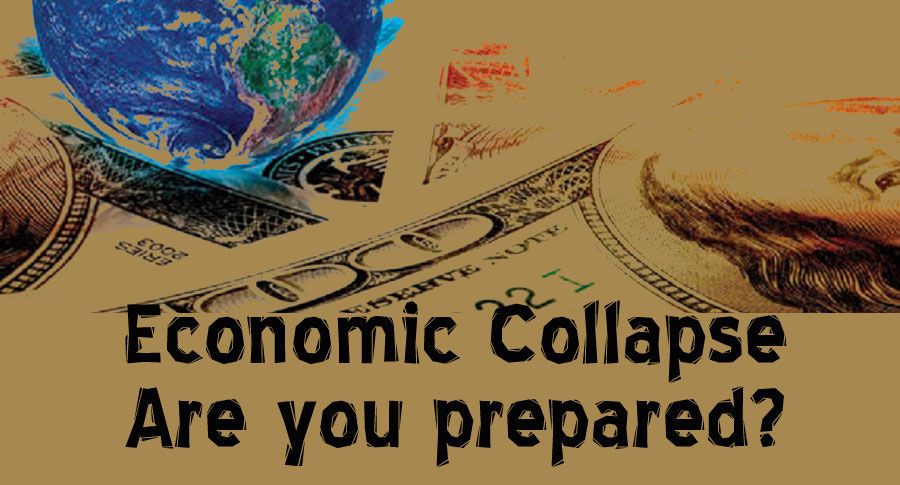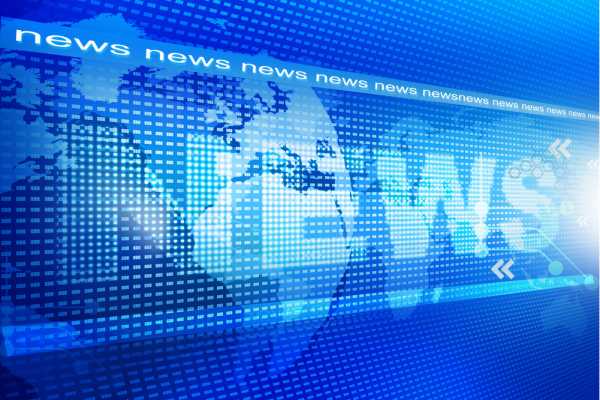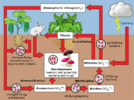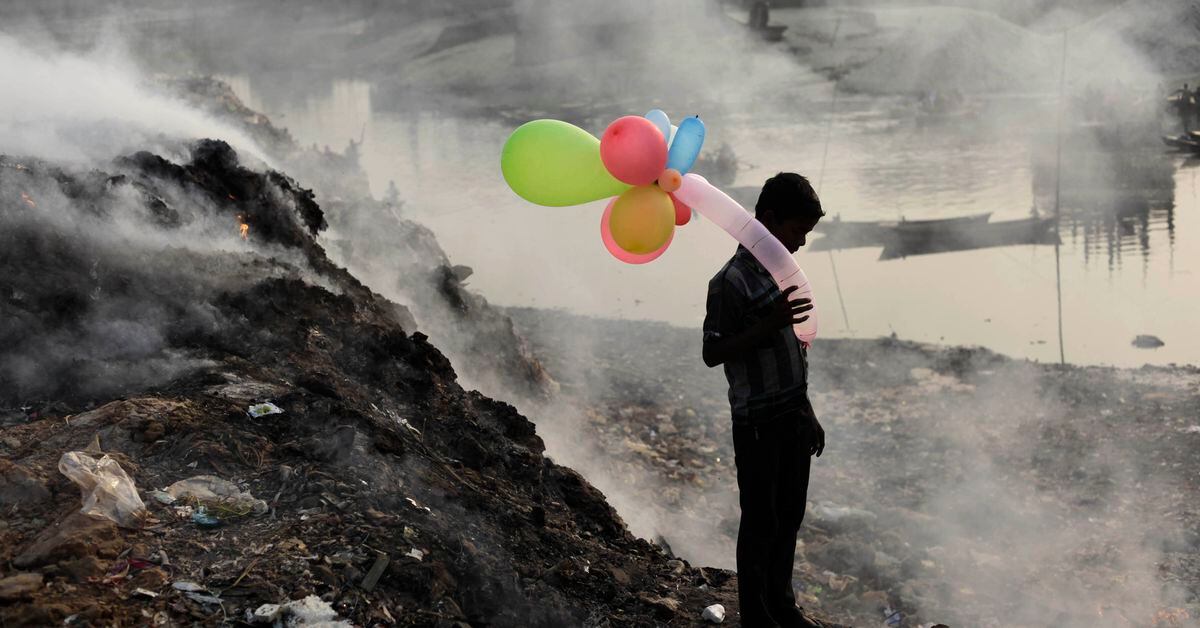UN posted an article about “BENEFITS OF WORLD HUNGER” but removed it from the portal.
However, it is currently still available on ResearchGate.
On that and more, Cap Allon wrote in his article here.
Here is the "missing" article for the record:
However, it is currently still available on ResearchGate.
On that and more, Cap Allon wrote in his article here.
Here is the "missing" article for the record:
THE BENEFITS OF WORLD HUNGER
George Kent
University of Hawai’i
June 11, 2008
We sometimes talk about hunger in the world as it were a scourge that all of us want to see abolished, viewing it as comparable with the plague or AIDS. But that naïve view prevents us from coming to grips with what causes and sustains hunger. Hunger has great positive value to many people. Indeed, it is fundamental to the working of the world’s economy. Hungry people are highly productive people, especially where there is a need for manual labor.
We in developed countries sometime see poor people by the roadside holding up signs that say “Will Work for Food”. Actually, most people work for food. It is mainly because people need food to survive that they work so hard, either in producing food for themselves in subsistence-level production, or by selling their services to others in exchange for money. How many of us would sell our services if it were not for the threat of hunger?
How many of us would sell our services so cheaply if it were not for the threat of hunger? When we sell our services cheaply, we enrich others, those who own the factories and the machines and the lands and, ultimately, own the people who work for them. For those who depend on the availability of cheap labor, hunger is the foundation of their wealth.
The conventional thinking is that hunger is caused by low-paying jobs. For example, one report tells about “Brazil's ethanol slaves: 200,000 migrant sugar cutters who prop up renewable energy boom (Phillips 2007; also see Simoes 2008).” While it is true that hunger is caused by low-paying jobs, we need to understand that at the same time hunger causes low-paying jobs to be created. Who would have established massive biofuel production operations in Brazil if they did not know there were thousands of hungry people desperate enough to take the awful jobs they would offer? Who would build any sort of factory if they did not know many people would be available to take the jobs at low pay rates?
The hunger literature talks about how it is important to assure that people are well fed so that that they can be more productive. That is a mistake. No one works harder than hungry people. Yes, people who are well nourished have greater capacity for productive physical activity, but well nourished people are far less willing to do that work.
The nongovernmental organization Free the Slaves estimates there are about 27 million slaves in the world (Free the Slaves 2007). They define slaves as people who are not allowed to walk away from their jobs. Their count includes people who are literally locked into workrooms and bonded laborers in south Asia. However, they do not include those who might be described as slaves to hunger, people who are free to walk away from their jobs, but have nothing better to go to. What are their numbers? Maybe most people who work are slaves to hunger?
For those at the high end of the social ladder, ending hunger in the world would be a disaster. If there were no hunger in the world, who would plow the fields? Who would harvest the vegetables? Who would work in the rendering plants and the canneries? There are many things that those at the high end would not want to do themselves. When poor people work cheap, others get inexpensive food and shirts and televisions. Of course the people at the high end are not rushing to solve the hunger problem. For them, hunger is not a problem, but an asset.
BIBLIOGRAPHY
Free the Slaves (2007). Website. Free the Slaves
Phillips, Tom 2007. “Brazil's ethanol slaves: 200,000 migrant sugar cutters who prop up renewable energy boom.” The Guardian. March 9. Brazil's ethanol slaves: 200,000 migrant sugar cutters who prop up renewable energy boom
Simoes, Eduardo and Inae Riveras 2008. Amnesty Condemns Forced Cane Labor in Brazil. Reuters. Amnesty condemns forced cane labor in Brazil

 Tnx!
Tnx! 





